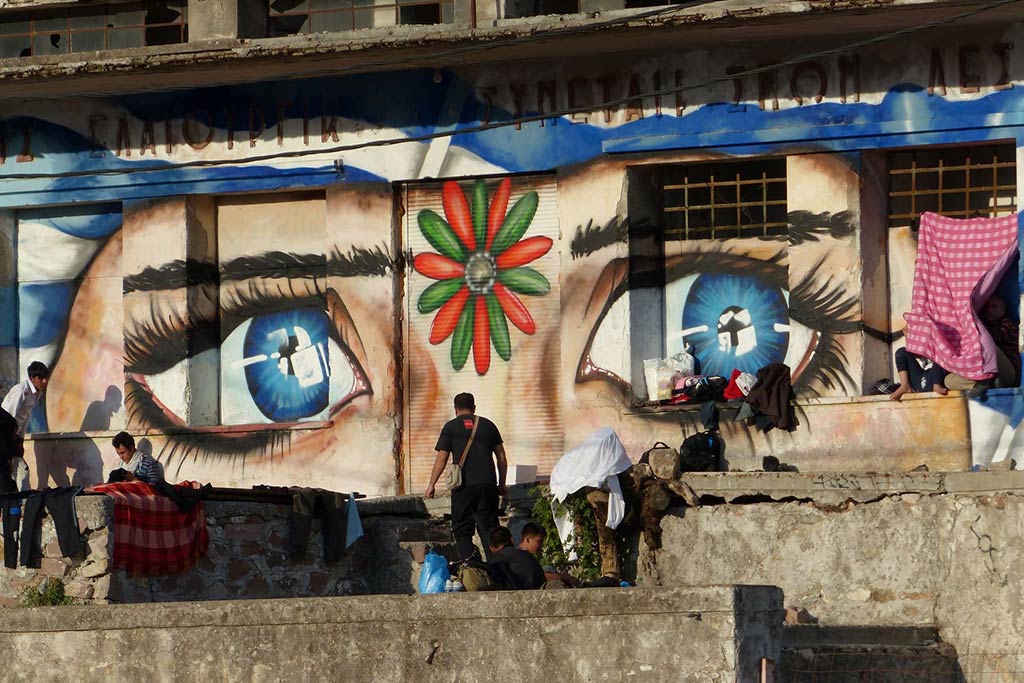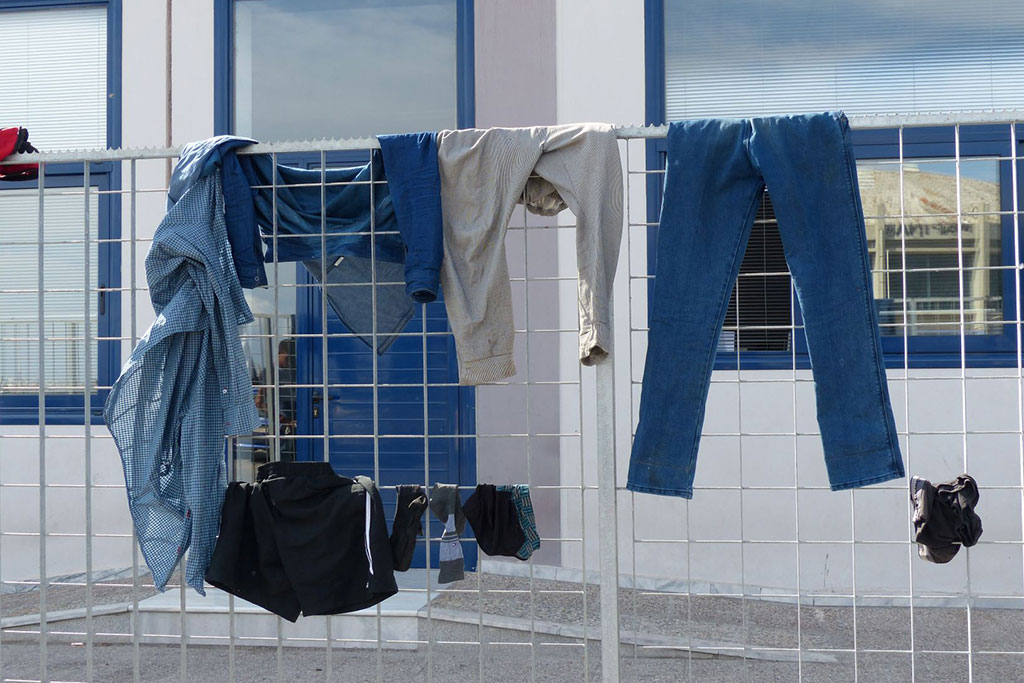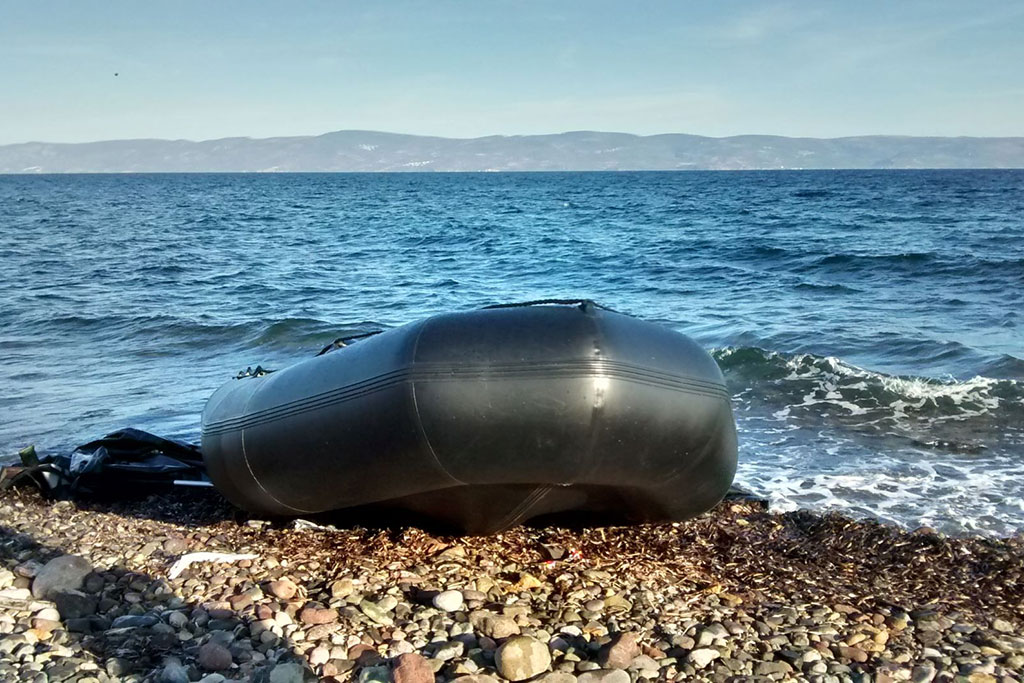
Unravelling the Mediterranean Migration Crisis (MEDMIG)
Funder
Economic and Social Research Council (ESRC)
Total value of project
£200,226
Value to Coventry University
£99,764.71

Project team
Professor Heaven Crawley (PI), Coventry University; Dr Franck Duvell (Co-I), University of Oxford; Dr Nando Sigona (Co-I), University of Birmingham; Dr Katharine Jones, Coventry University; Dr Simon McMahon, Coventry University
Partners
University of Birmingham, University of Oxford, The Hellenic Foundation for European and Foreign Policy (ELIAMEP), Forum Internazionale ed Europeo di Ricerche sull’Immigrazione (FIERI), Yasar University, The People for Change Foundation (PfC)
Duration of project
14/09/2015 - 13/06/2016
Project overview
In the first six months of 2015 more than 100,000 migrants crossed the Mediterranean, arriving at the shores of southern Europe in search of protection or a better life. In the same period more than 1,800 people lost their lives, drowning as overloaded and often unseaworthy boats sank into the sea. By the end of 2015, this had risen to the unprecedented figure of one million arrivals and nearly 4,000 recorded deaths.
The MEDMIG project set out to better understand these migration dynamics as part of the ‘Mediterranean Migration Research Programme’ established through the ESRC’s £1 million ‘Urgency Grant’, co-funded by the Department for International Development.
The study was based on a multi-sited transnational research design to simultaneously gather and analyse data from a large number of migrants. We conducted 500 semi-structured interviews with migrants, who crossed the Mediterranean Sea to Europe during 2015. We worked with our international partners in each country to carry out these interviews in Greece (Athens, Lesbos) and Italy, (Sicily, Apulia, Rome, Piedmont, Bologna), Malta and Turkey (Izmir).
We also carried out over 100 interviews with governmental, non-governmental and civil society organisations to gather broader insights into the experiences and journeys of the migrants with whom they come into contact. Finally, ethnographic observations were also conducted at each site.
Our analysis was grounded within existing meta-level frameworks for understanding migrant journeys, including the political and policy contexts within which this migration takes place.
We also explored the structural determinants of migration at the meso-level, focusing on both the opportunities and constraints that shape migration. Doing so enabled us to take account of the cognitive and behavioural processes that shape migration at the micro-level, including aspirations, individual perceptions including perceptions of risk, decision making and the interaction of migrants with the different actors including smugglers that facilitate migration.
Drawing on the voices and experiences of those who made the journey and a rich understanding of EU and Member States responses to this multi-faceted migration flow, the project provides a new conceptual and empirical framework for understanding unprecedented levels of migration and loss of life in the Mediterranean seen during the so-called ‘migration crisis’ of 2015.
Project objectives
1. To shed light on the dynamics (determinants, drivers and infrastructures) underpinning the recent unprecedented levels of migration across, and loss of life in, the Mediterranean by mapping the geographies, routes, and journeys of migrants arriving in Italy, Greece and Malta as well as those seeking to enter the EU from Turkey.
2. To examine the interaction of migrants with a multitude of non-state actors (for example agents, facilitators, intermediaries and civil society organisations) and state actors (for example navy / coastguard) in order to better understand the decision making processes which influence their journeys.
3. To explore the relevant opportunities and constraints in countries of origin and refuge/transit to highlight how migrants' decisions on their journeys interact with dramatically changing global economic, security and political contexts.
4. To compare the Central and Eastern Mediterranean routes in terms of migrant backgrounds, motivations, aspirations and journeys, and the impact of the differential policy response on migrant flows and outcomes.
5. To provide a robust evidence base to inform the development of policy responses by governmental, inter-governmental and non-governmental actors.
6. To bring together a network of academics from across the case study countries with international governmental and nongovernmental actors to engage in dialogue on the scale of the migration crisis, its dynamics and drivers and opportunities for future collaboration.










